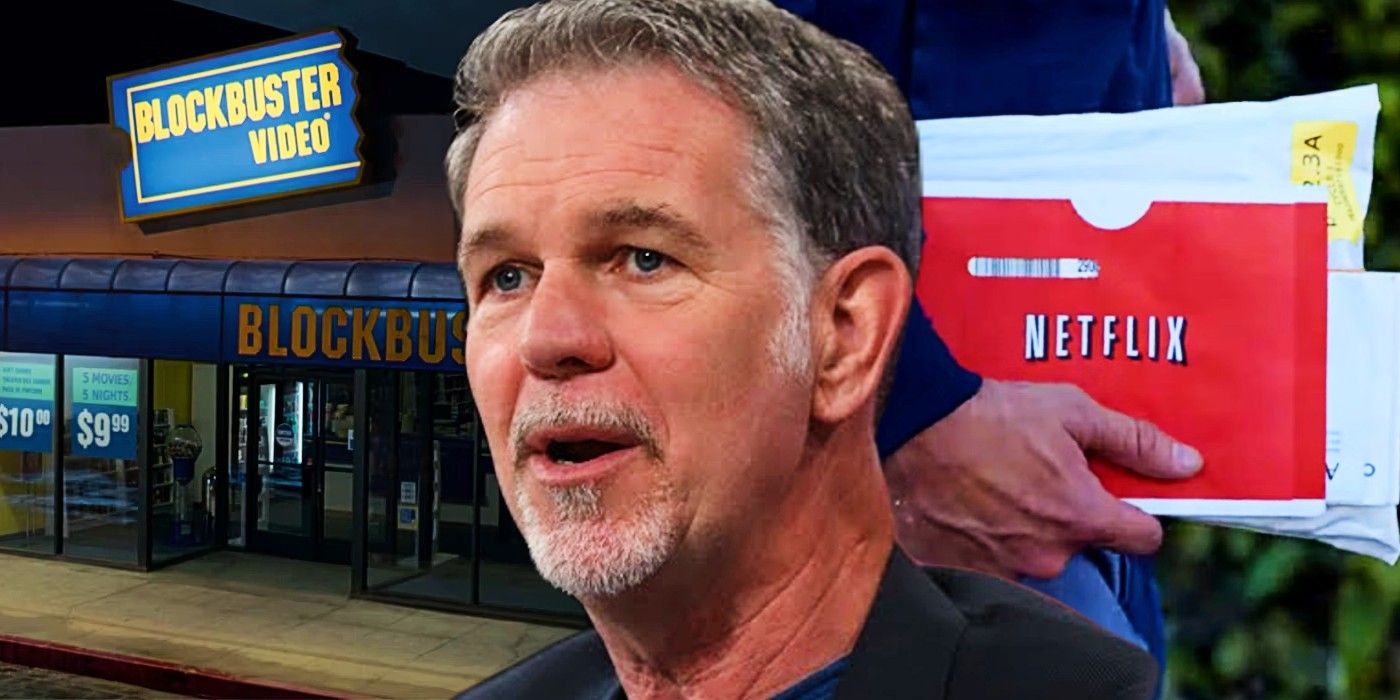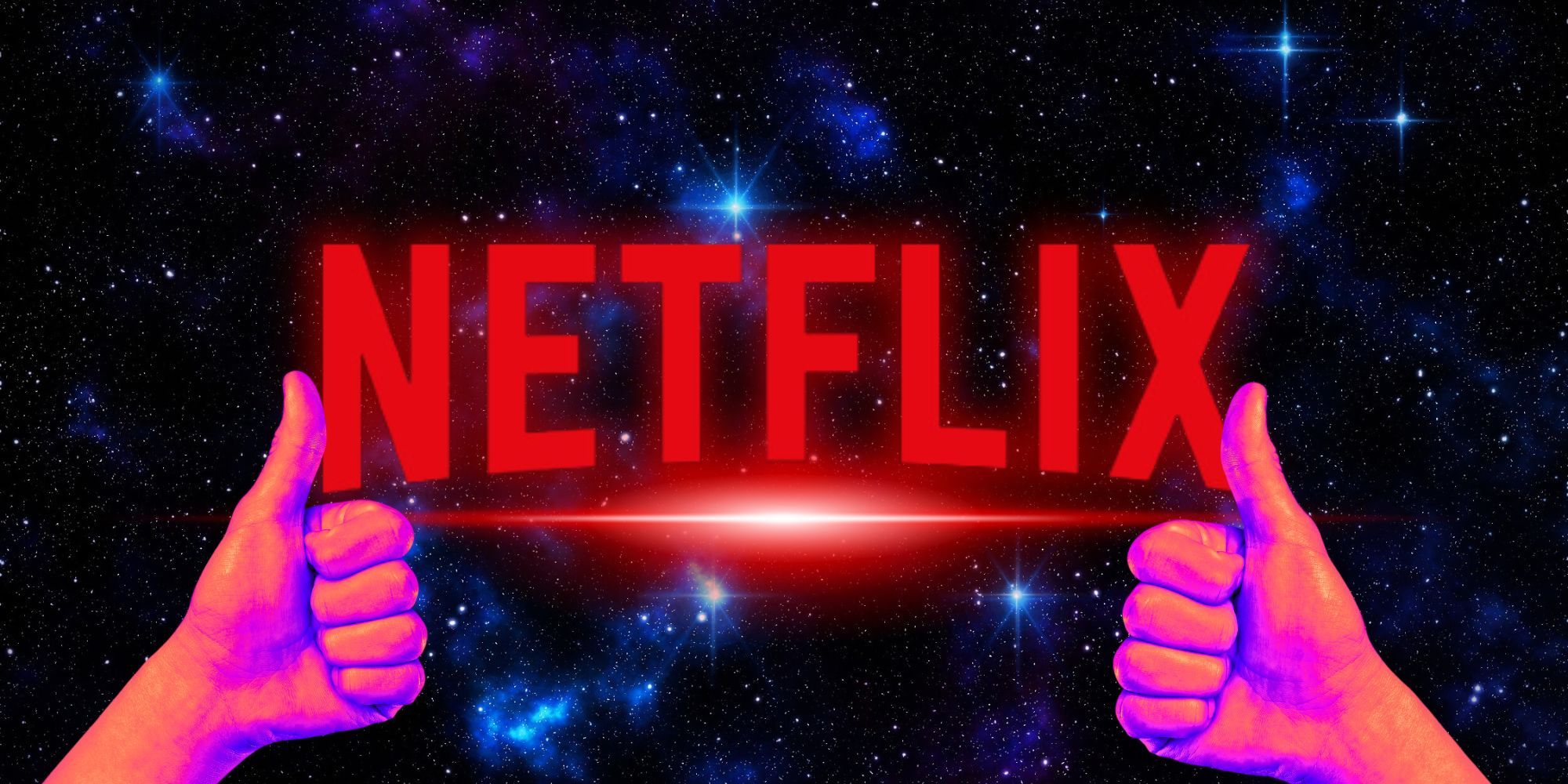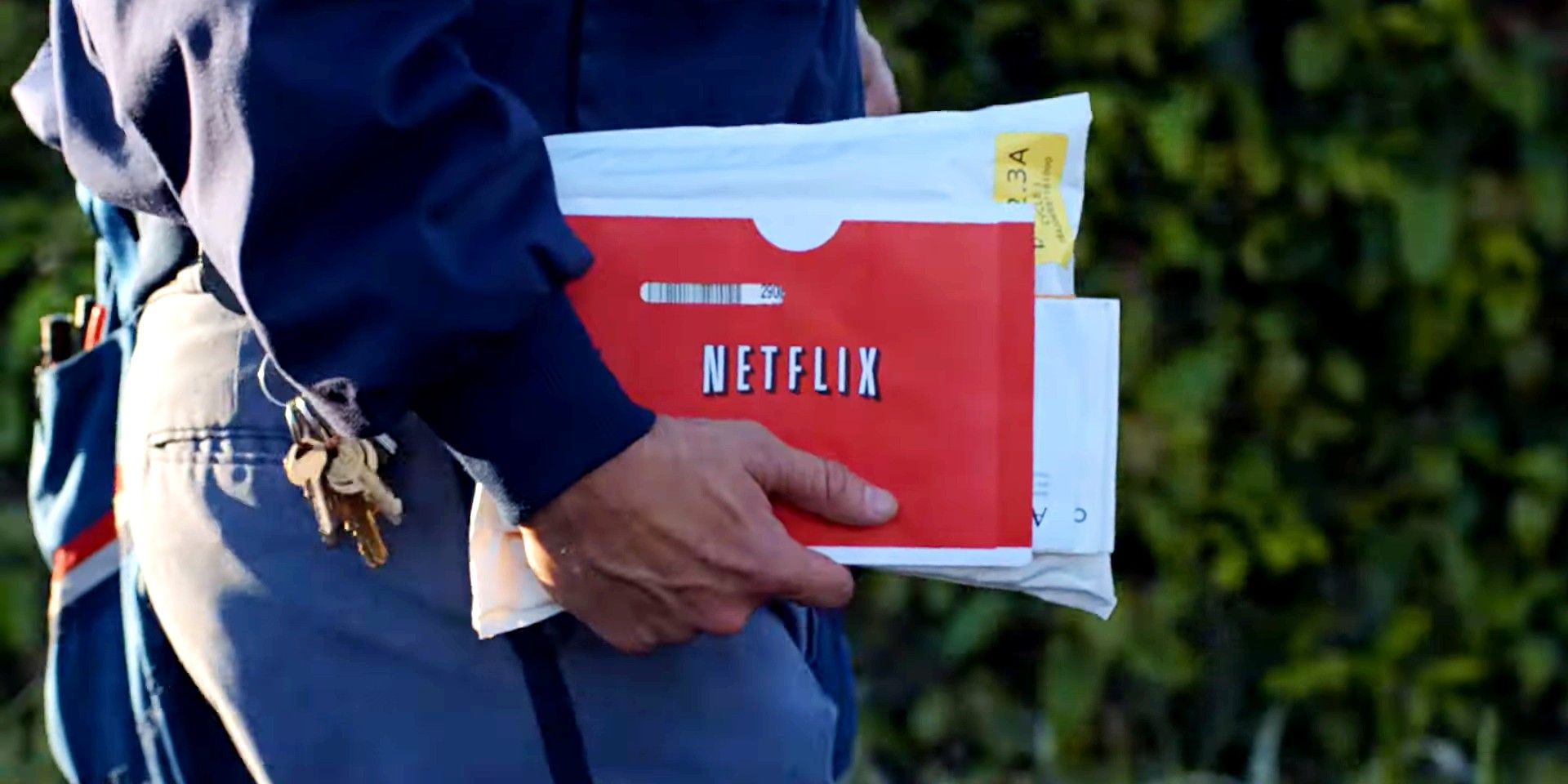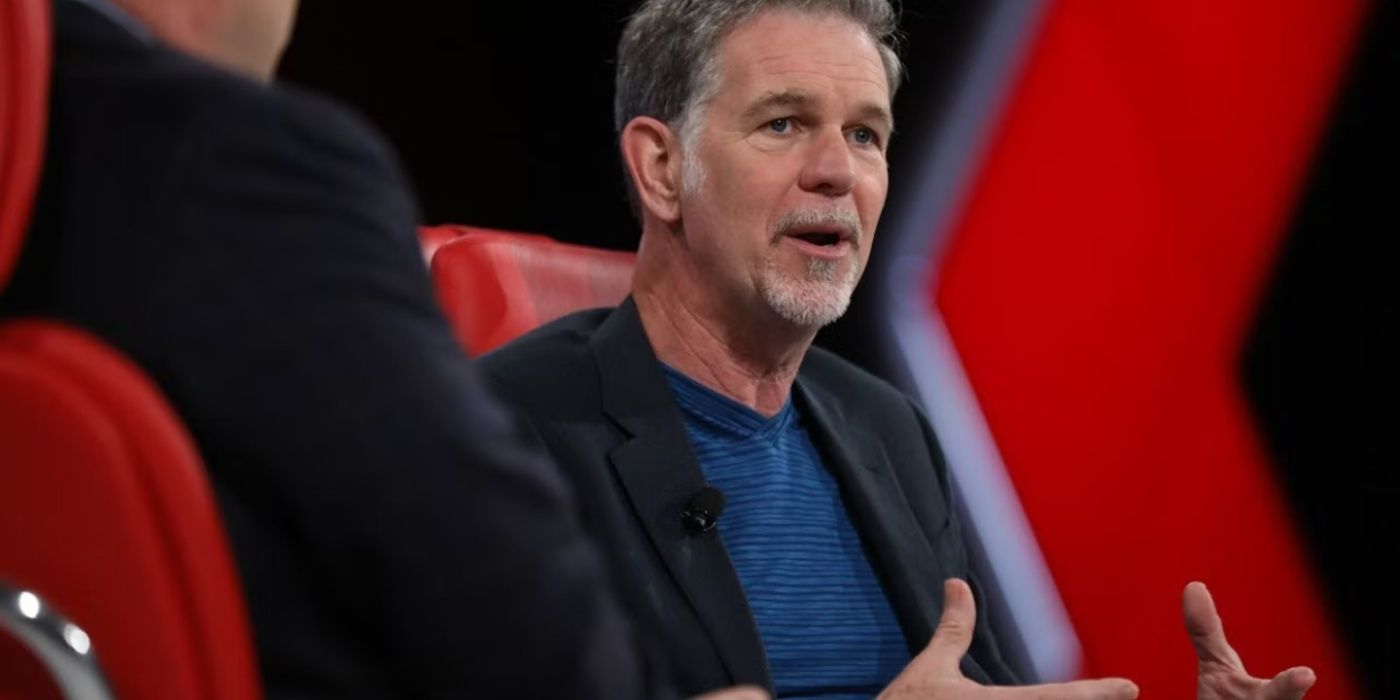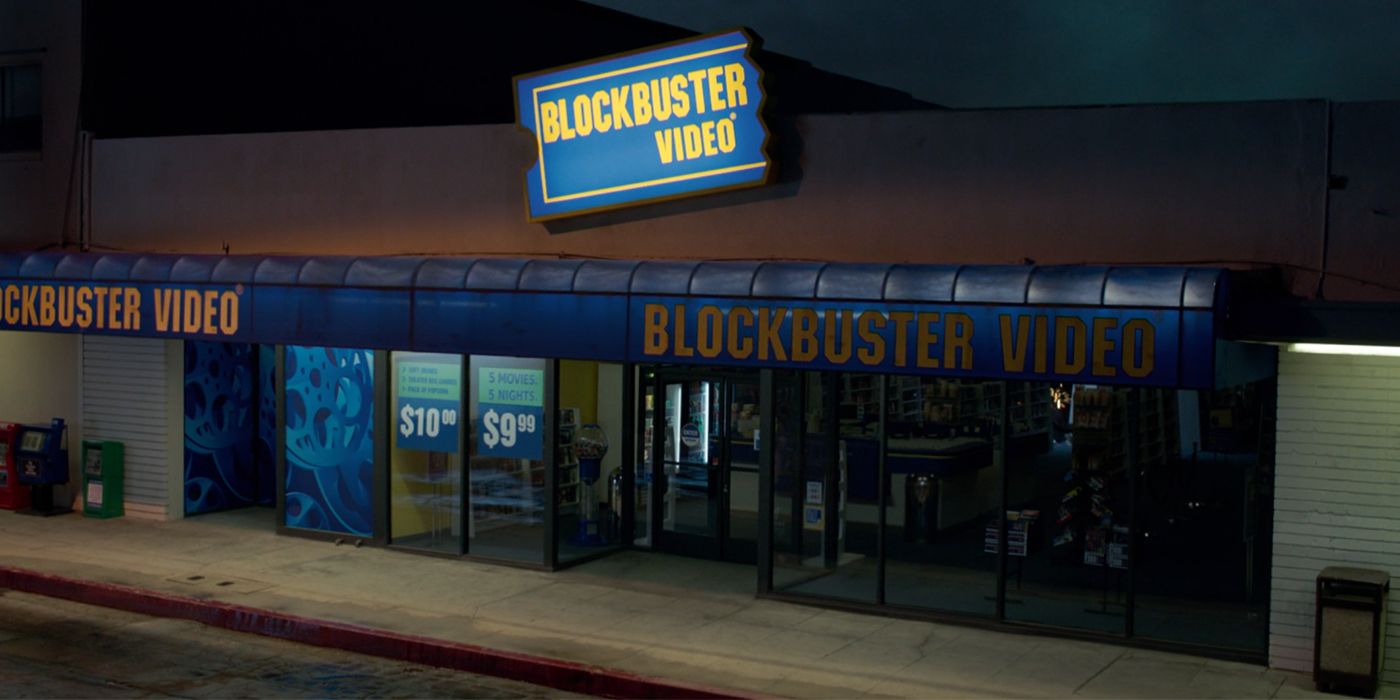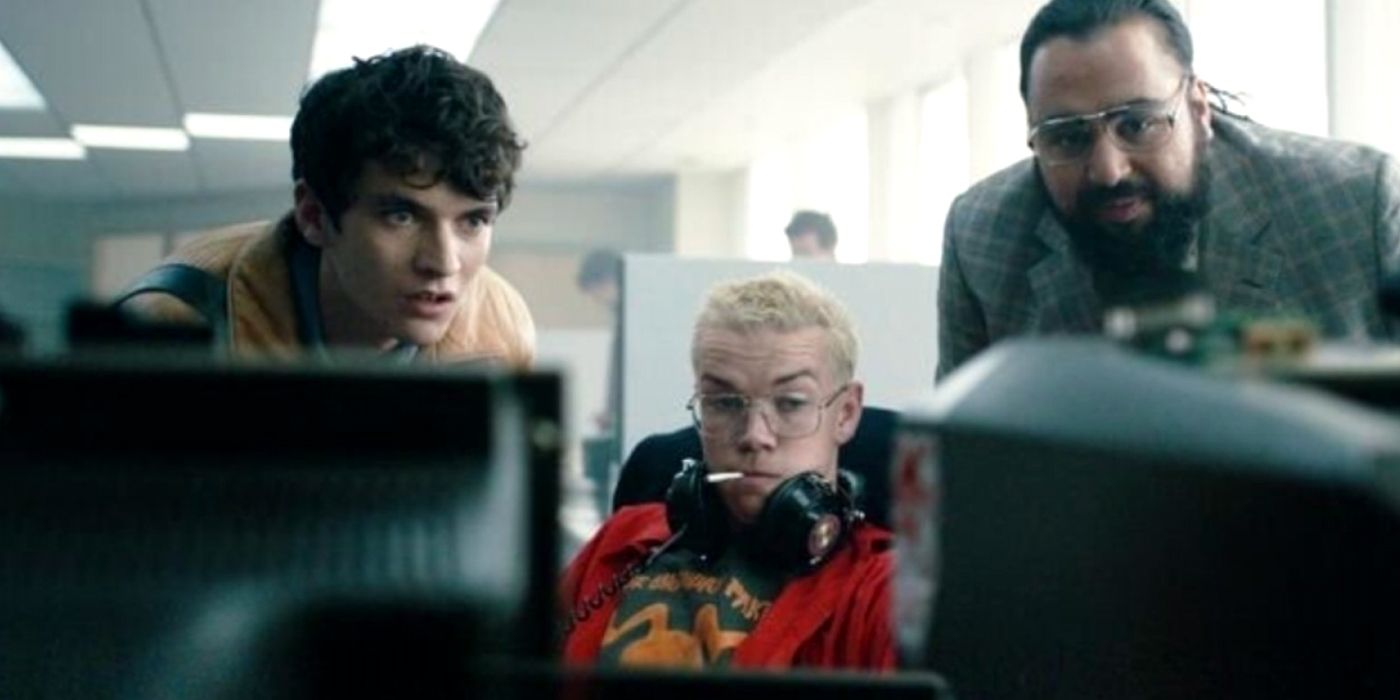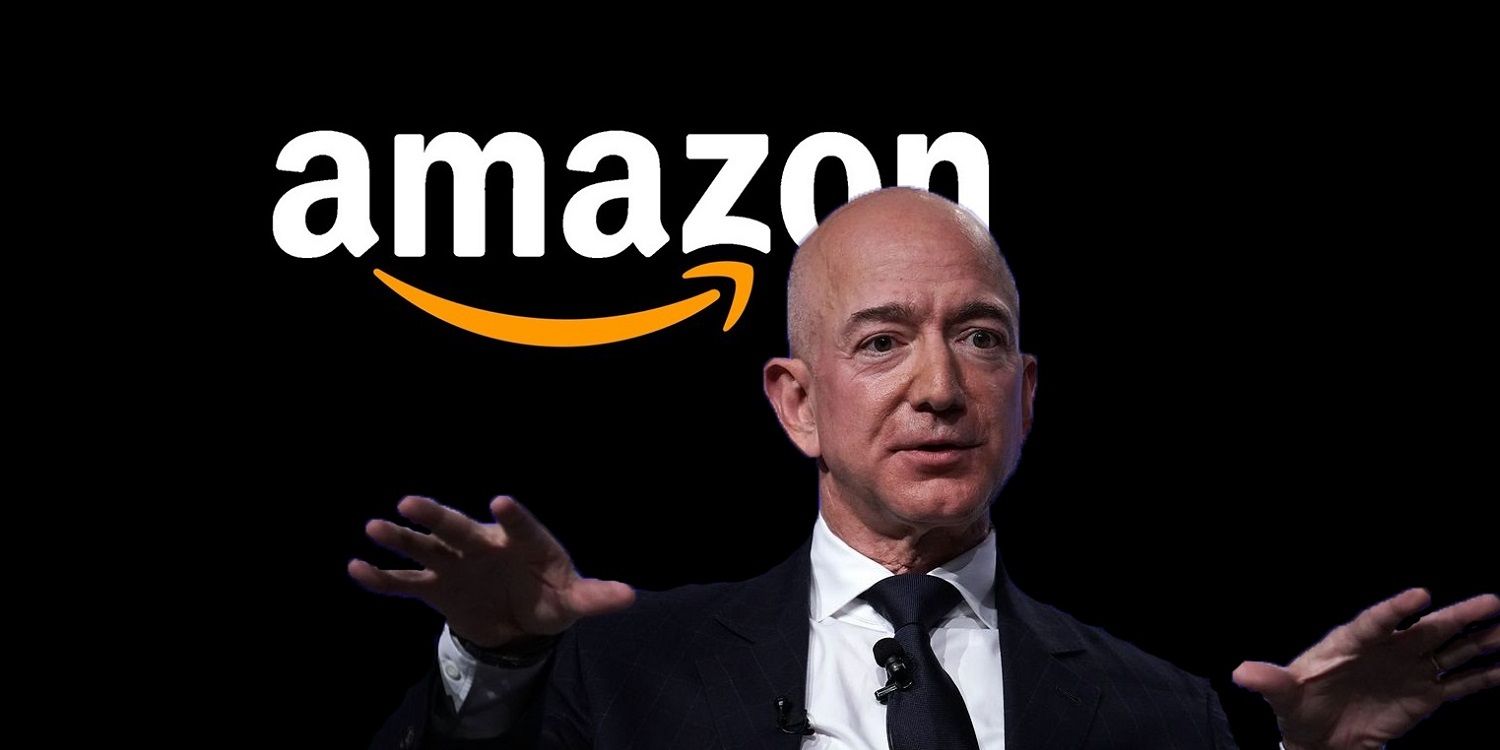Summary
- Netflix's innovative DVD rental service laid the foundation for its global streaming dominance, revolutionizing how entertainment is consumed.
- Netflix's evolution to a publicly traded company fueled expansion and innovation, attracting a diverse array of investors and capital.
- Ted Sarandos' championing of original content has redefined Netflix, setting new industry standards and pushing storytelling boundaries.
Netflix, a titan in the world of digital entertainment, stands as a testament to innovation, foresight, and the power of technology to transform traditional industries. The company began its journey as a novel DVD rental service, leveraging the internet to offer a more convenient and customer-friendly alternative to the brick-and-mortar video rental stores of the time. This initial model, predicated on the simplicity of mailing DVDs directly to customers, set the stage for what would become a revolutionary shift in how people around the world consume media.
Netflix has not only navigated the transition from physical DVDs to streaming content directly over the internet but has also redefined the landscape of entertainment. Today, Netflix is synonymous with streaming, offering an expansive library of movies, TV shows, and groundbreaking original content across over 190 countries. As much a technology company as it is an entertainment giant, Netflix's commitment to innovation—from algorithms that personalize content recommendations to the adoption of cutting-edge streaming technologies—continues to set it apart in a crowded and rapidly evolving marketplace. This begs the question, who owns Netflix?
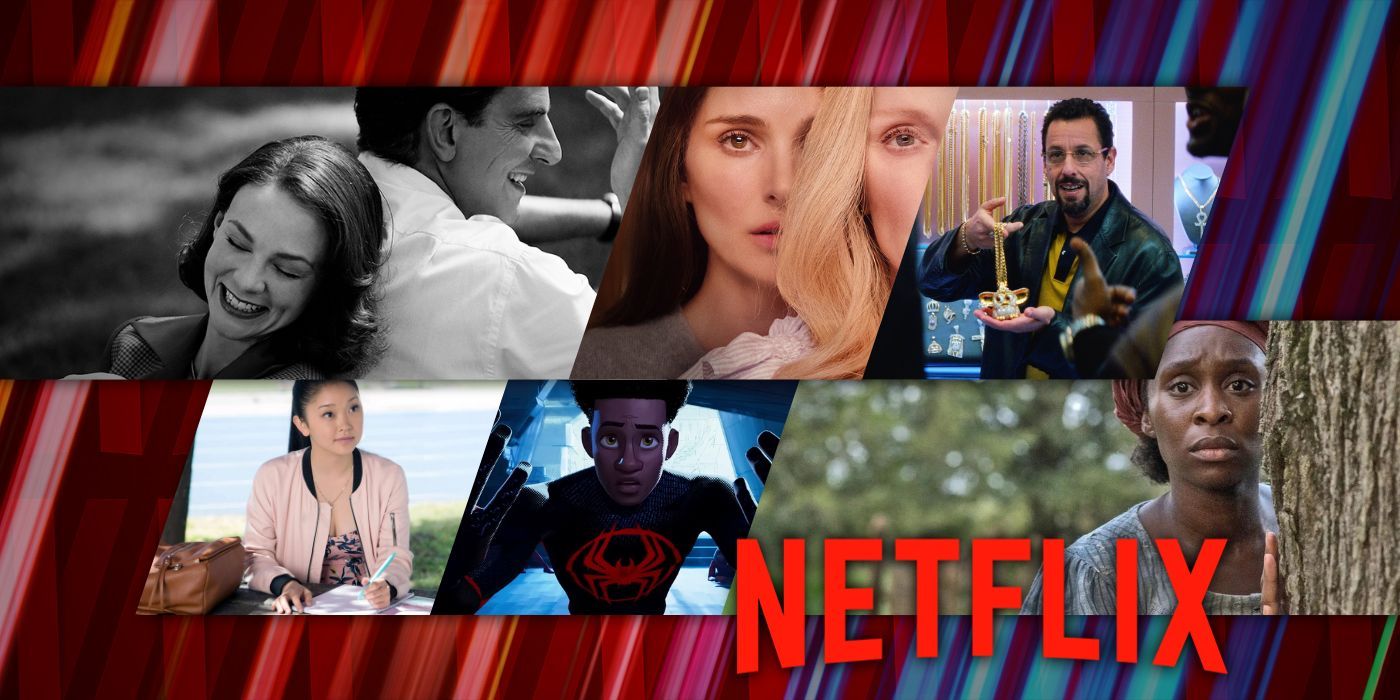
30 Best Movies On Netflix Right Now (April 2024)
From Marriage Story to Dune and They Cloned Tyrone, here are our picks for the best movies on Netflix for everyone to enjoy this month.Netflix Is A Publicly Traded Company
NFLX Is Currently Worth Over $600 Per Share
Netflix's identity as a publicly traded company is a significant aspect of its global stature and influence. Listed on the Nasdaq under the ticker symbol NFLX, the company's journey on the stock market has been a reflection of its growth, challenges, and the ever-evolving landscape of digital streaming. As a public entity, Netflix is owned by its shareholders, which includes a mix of retail and institutional investors, mutual funds, and major financial entities. This diverse ownership structure has fueled its expansion and innovation, providing the capital necessary to forge new paths in content creation, licensing, and global distribution.
The transition to public ownership marked a pivotal moment for Netflix, opening up avenues for investment that have underpinned its aggressive strategy towards content acquisition and technological advancements. The company's performance on the stock market serves as a barometer for investor confidence, influenced by subscriber growth, financial health, and its ability to compete in a fiercely competitive sector. Moreover, being publicly traded subjects Netflix to the scrutiny of financial analysts and investors, ensuring transparency in its operations and strategic decisions.
Netflix went from being worth $1.21 per share in 2002 to $619 per share on April 9, 2024.
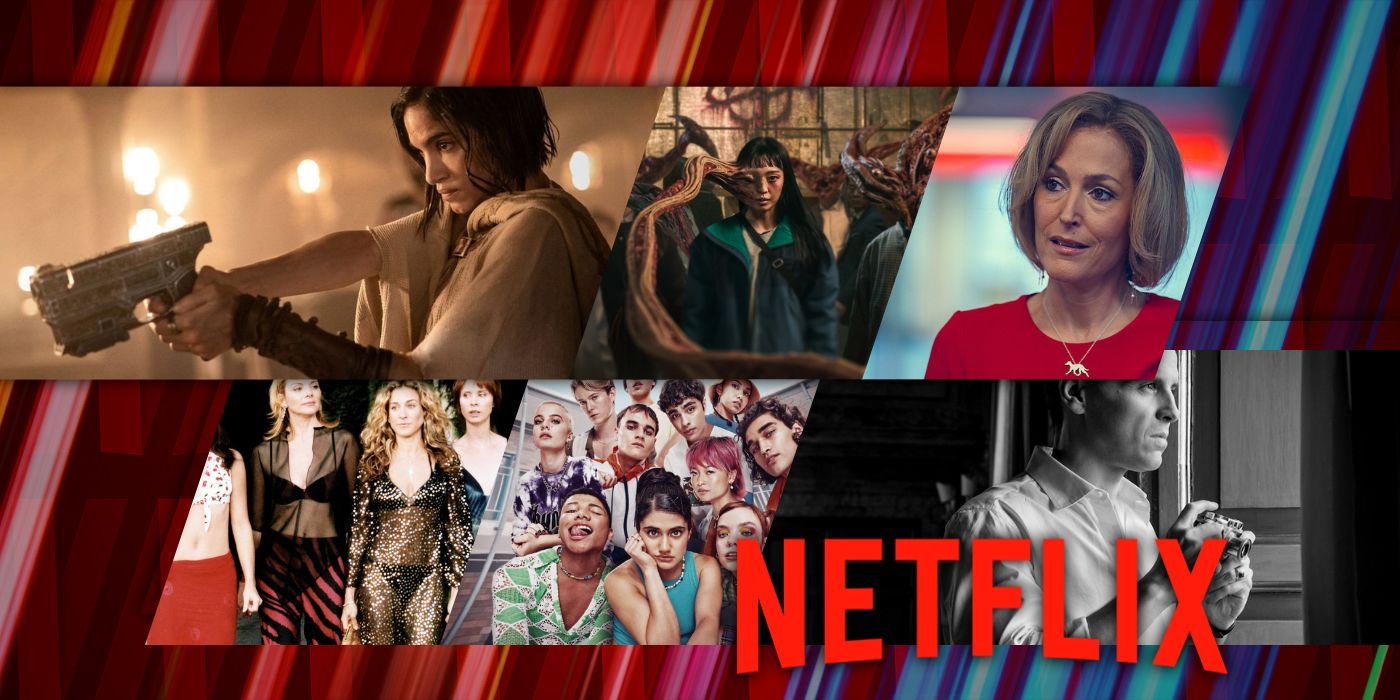
New On Netflix: All 92 Movies & TV Shows Arriving In April
April on Netflix is packed with new TV shows and movies including Ripley and Rebel Moon Part 2.Ted Sarandos Is The Current Netflix CEO
He Was An Early Champion Of Original Content
Ted Sarandos, as co-CEO of Netflix, has been a driving force behind the streaming giant's unparalleled success in the realm of content strategy, particularly an emphasis on Netflix's original programming. His vision has transformed Netflix from a platform that primarily distributed other companies' content into a prolific content creator in its own right. Sarandos' tenure at Netflix, beginning in 2000, has seen the company's evolution through various phases of growth, but perhaps his most significant impact has been in championing original content. Under his leadership, Netflix has produced groundbreaking critically acclaimed series and films.
Sarandos’ approach to content has been characterized by a willingness to take risks and an unwavering belief in the power of storytelling. This has led to the creation of a diverse and rich library of Netflix originals, including cultural phenomena like Stranger Things and The Crown. These productions have not only defined the Netflix brand but have also set new standards for the industry, pushing the boundaries of what is possible in streaming content.
Greg Peters joined as co-CEO of Netflix in January 2023.
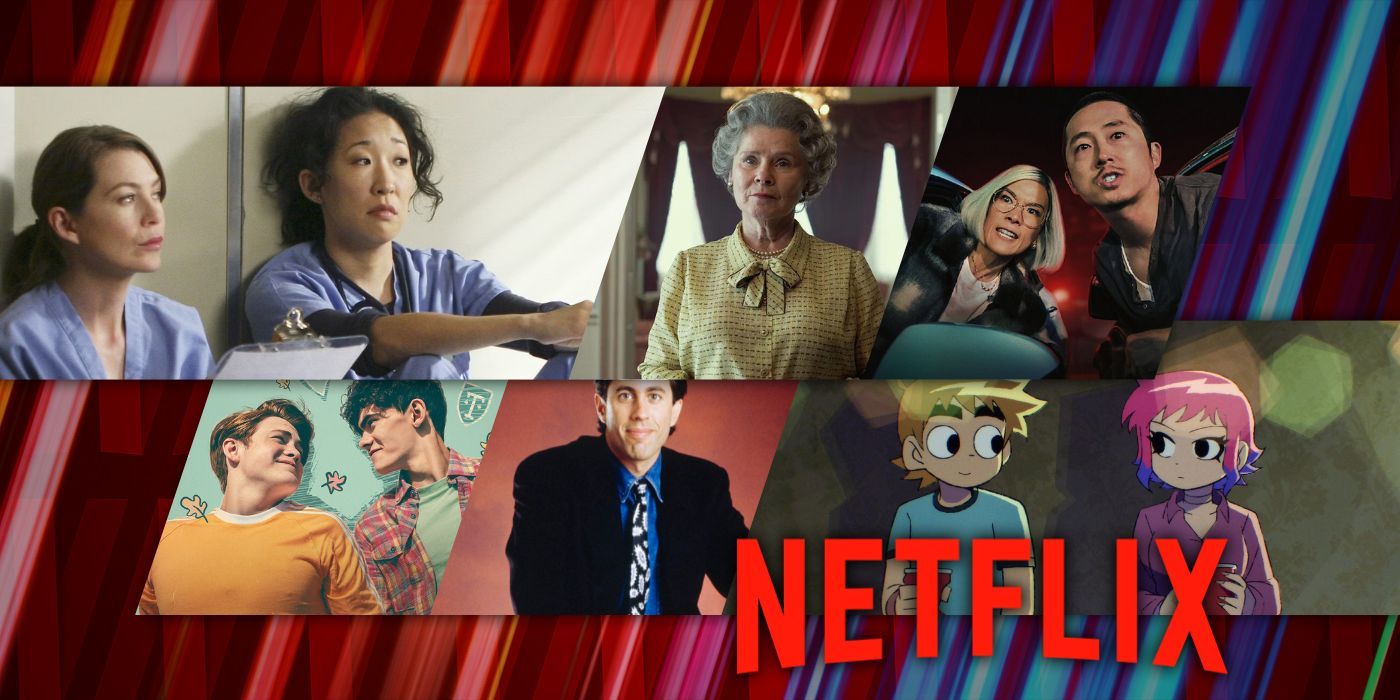
30 Best TV Shows On Netflix Right Now (April 2024)
From classics like Gilmore Girls and Seinfeld to twisty sci-fi like Stranger Things, the best shows on Netflix have something for everyone.Netflix Started As A Mail-Order DVD Rental Service
It Meant That Customers Could Rent DVDs Online & There'd Be No Late Fees
Netflix's inception as a mail-order DVD rental service marked the beginning of a significant shift in the entertainment consumption landscape. Launched in 1997, the service offered an innovative alternative to traditional video rental stores. Customers could rent DVDs online from Netflix's extensive catalog, receiving them via postal mail with prepaid return envelopes, a convenience that eliminated the need for late fees and due dates. This novel approach not only capitalized on the nascent internet's potential to disrupt conventional business models but also addressed consumer frustrations with the existing rental market.
The mail-order service was revolutionary, allowing Netflix to gather valuable data on customer preferences and viewing habits, which would later become a cornerstone of their move into streaming.
The mail-order service was revolutionary, allowing Netflix to gather valuable data on customer preferences and viewing habits, which would later become a cornerstone of their move into streaming. As DVDs were mailed back and forth, Netflix refined its operations and customer service, laying the groundwork for a robust logistical system that could handle millions of discs efficiently. This model's success demonstrated the viability of subscription-based services and direct-to-consumer delivery, setting the stage for Netflix's evolution. The transition from physical DVDs to digital streaming was a natural progression for the company, leveraging its understanding of technology and market dynamics.
Netflix's mail-order DVD service ended in September 2023.
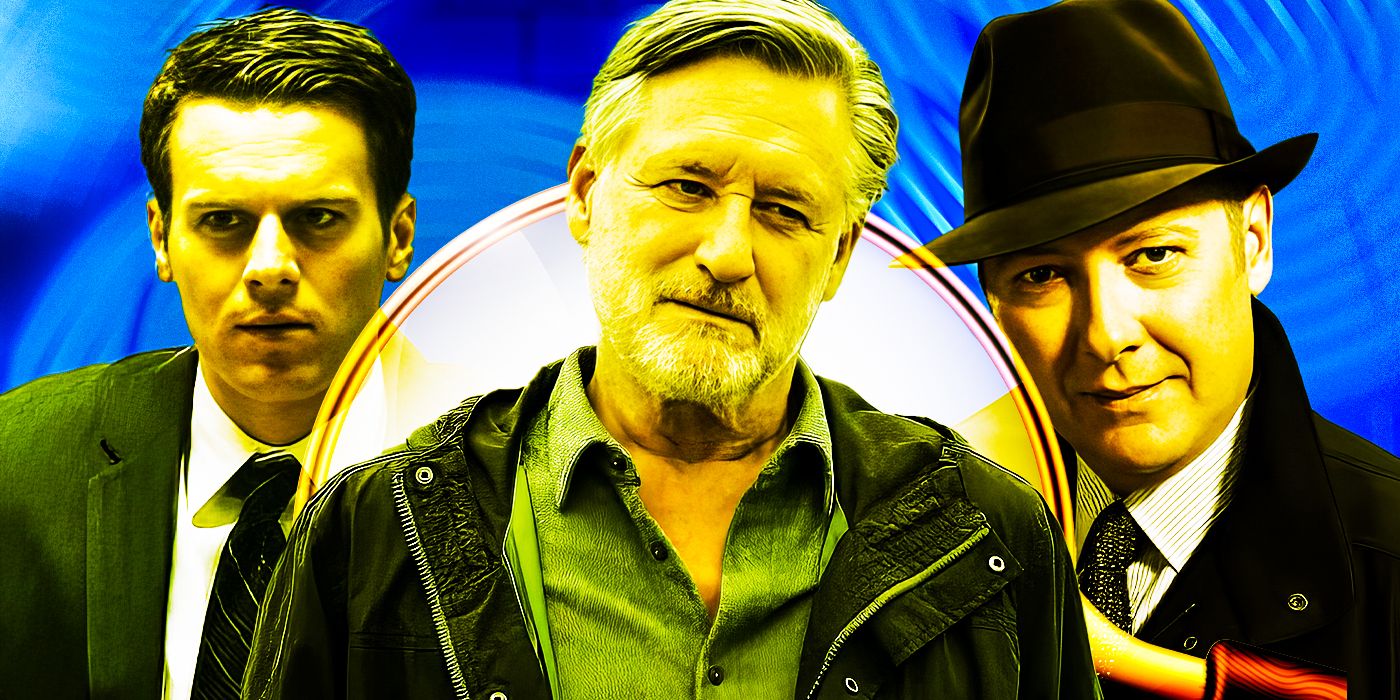
15 Best Detective Series On Netflix
Crime drama has never quite looked like this: the 15 best detective series' airing on Netflix filled with anticipation, suspense, and mystery.Reed Hastings & Marc Randolph Founded Netflix
The Company Was Officially Launched In 1997
Reed Hastings and Marc Randolph, the visionary co-founders of Netflix, set in motion a revolution in the entertainment industry when they launched the company in 1997. Their partnership combined Hastings' tech-savvy and entrepreneurial spirit with Randolph's marketing acumen, creating a synergy that propelled Netflix from a fledgling startup into a global streaming powerhouse. The genesis of Netflix can be traced back to a simple yet innovative idea: to use the internet to rent movies on DVD, a novel format at the time, delivered directly to customers’ mailboxes, thereby bypassing the inconveniences of traditional video rental stores.
The founding of Netflix was inspired by a mix of frustration with existing rental services and the opportunities presented by emerging internet technologies. Hastings and Randolph saw the potential for a new business model that could offer unlimited entertainment to consumers without the hassles of late fees and due dates (via CNBC). This customer-first approach, combined with the foresight to leverage the burgeoning power of the web, laid the groundwork for Netflix's eventual pivot to streaming, fundamentally altering how people around the world access and enjoy films and television.
According to Hastings, the inception of the Netflix idea was born after Blockbuster charged a $40 late fee for Apollo 13.

25 Funniest Female Stand-Up Comedians You Can See On Netflix Right Now
Netflix has changed the game of comedy. The service now has several stand-up specials from female stand-up comedians like Ali Wong and Nicole Byer.Blockbuster Turned Down An Opportunity To Invest In Netflix
The Decision Was A Nail In The Coffin For Blockbuster
In one of the most notable missteps in corporate history, Blockbuster, the leading video rental company at the time, turned down an opportunity to invest in Netflix, a decision that has since become emblematic of the perils of underestimating digital transformation. This occurred in the early 2000s, when Netflix was still a nascent DVD mail rental service. Reed Hastings and his team approached Blockbuster with a proposal for partnership or acquisition, seeking a $50 million investment. Blockbuster, entrenched in its brick-and-mortar business model and failing to foresee the imminent shift towards digital streaming, declined the offer.
This decision was a critical moment in the entertainment industry, highlighting the contrasting trajectories of two companies: Netflix, with its forward-looking embrace of technology and innovation, and Blockbuster, which remained rooted in a fading paradigm. Netflix's subsequent rise to global prominence as a leader in streaming services, juxtaposed against Blockbuster's decline into obsolescence, serves as a cautionary tale about the importance of adaptability and vision in the digital age. The episode is a stark reminder of how quickly technological advancements can redefine industries and how strategic foresight — or the lack thereof — can determine companies' fates in a rapidly evolving marketplace.
Ironically, Netflix created an original series about Blockbuster, which is available to watch on the streaming platform.

30 Best Short Films To Watch On Netflix
Netflix's short films are vastly underappreciated, and there are some unmissable hidden treasures among the streaming service's collection.Netflix Began Its Global Expansion In 2010
The Platform Is Now In Over 190 Countries
Netflix embarked on its global expansion in 2010, beginning with its launch in Canada. This marked the company's first foray outside the United States and represented a significant milestone in its journey to becoming a worldwide entertainment provider. The expansion into Canada was a testbed for Netflix's international strategy (via WeGlot), enabling the company to refine its content offerings, technological infrastructure, and understanding of diverse market dynamics. The success of this initial expansion demonstrated the universal appeal of Netflix's streaming service and paved the way for an aggressive international rollout.
By 2016, Netflix had extended its services to over 190 countries, showcasing its commitment to globalizing access to entertainment. This rapid expansion was not just about scaling up operations; it was a strategic move to diversify its content library with local and international productions, catering to a wide range of cultural tastes and preferences. Netflix's global reach has transformed it into a cultural phenomenon, where original series and films from one country find audiences across the globe, transcending language and cultural barriers.
45% of Netflix's library are foreign-language titles (via What's on Netflix).

The 25 Best Documentaries On Netflix Right Now
Netflix has many critically lauded documentaries to check out but the sheer number is overwhelming. Which are the best to check out first?Netflix Is As Much A Technology Company As It Is An Entertainment Company
A Lot Of Netflix's Success Can Be Attributed To Algorithms
Netflix's identity as both a technology and entertainment company underscores its innovative approach to streaming, fundamentally changing how audiences worldwide access and interact with media. At its core, Netflix harnesses sophisticated algorithms to personalize user experiences, tailoring content recommendations to individual preferences based on viewing habits. This technological prowess extends to its pioneering use of data analytics to inform content creation and acquisition strategies, ensuring a lineup that resonates with diverse global audiences.
This dual identity has been crucial to its success, enabling Netflix to navigate the complexities of the digital age and redefine entertainment on a global scale.
Moreover, Netflix's commitment to technological advancement is evident in its early adoption of streaming in high-definition and 4K. The company has also explored interactive storytelling, allowing viewers to influence narrative outcomes, as seen in projects like the five-ending movie Black Mirror: Bandersnatch. These innovations showcase Netflix's role as a tech leader, pushing the boundaries of what's possible in content delivery and consumption. This dual identity has been crucial to its success, enabling Netflix to navigate the complexities of the digital age and redefine entertainment on a global scale.

The 30 Most-Watched Netflix Movies Of All Time
Between action-packed adventures, dramas, and comedies — all of which star A-list actors —, here are Netflix's most-watched movies of all time.Amazon Tried To Acquire Netflix
Hastings & Randolph Met With Amazon Founder Jeff Bezos In 1998
In the early stages of Netflix's journey, Reed Hastings and Marc Randolph had a pivotal meeting with Jeff Bezos, the founder of Amazon. This encounter proved a critical moment in the streaming service's history, as Bezos expressed interest in acquiring Netflix. The meeting with Amazon, a behemoth in the online retail space exploring an expansion into media, highlighted the potential industry leaders saw in Netflix's innovative DVD rental model. However, on the plane ride home from the meeting, Hastings and Randolph decided against the acquisition offer (via CNBC). This decision was rooted in their belief in Netflix's unique value proposition.
Bezos offered Hastings and Randolph “somewhere in the low eight figures” for Netflix.
Choosing to forge their own path, this resolution exemplified Netflix's commitment to its vision and its confidence in the direct-to-consumer model. The rejection of Amazon's offer not only preserved Netflix's autonomy but also set the stage for its transformation into a global streaming titan, pioneering new ways for audiences to access and engage with content. This moment of independence is a testament to the strategic foresight of Netflix's founders and their unwavering dedication to reshaping the entertainment landscape.
Sources: CNBC, WeGlot, CNBC, What's on Netflix

